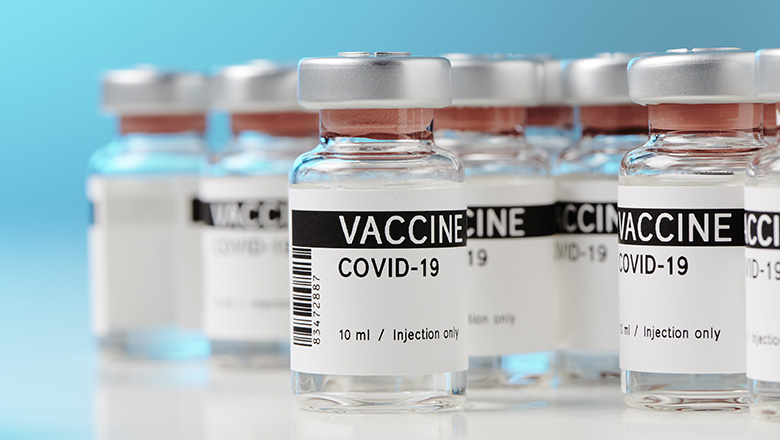
Let’s start the week on a positive note. The CDC has been reviewing the available data concerning COVID-19 vaccines. Rather obviously having the vaccine is of course a very good thing. Least you wonder, the very best one is whichever one is available to you as soon as possible, because they all are highly effective. That however is not what this latest CDC guidance is focused on.
Does the vaccine also help to prevent the spread of COVID-19?
On Mar 8, the CDC issued the following guidance.
Interim Public Health Recommendations for Fully Vaccinated People
If you have had the vaccine, both shots, and the second shot was two weeks ago or more, then this is what they advise …
Fully vaccinated people can:
- Visit with other fully vaccinated people indoors without wearing masks or physical distancing
- Visit with unvaccinated people from a single household who are at low risk for severe COVID-19 disease indoors without wearing masks or physical distancing
- Refrain from quarantine and testing following a known exposure if asymptomatic
But we knew this right, this is what we expected?
Well…. not quite.
Vaccine use approval was very much based upon data that confirmed that the vaccine was safe and also really did stop you from getting seriously ill.
It was of course still possible that even after the vaccine you might still get it. Not becoming seriously ill, and simply not getting it are distinctly separate things. What if it prevented you becoming ill, but you could still get it and pass out on; that was the open question.
Really?
Well yes.
The vaccine gives you antibodies, so you get it, and the antibodies in your system then knock it back. That’s how it works.
We have vaccines that we know work, in the sense that they would prevent you from dying or manifesting dire symptoms. Now that we have travelled a bit further down the road, early data does appear to confirm that it also helps to prevent the spread. To be honest, if this had not been the case then that would have been a surprise.
In response to this latest insight we now have this new CDC guidance for those that have been fully vaccinated. It is encouraging because it does suggest a more normal way of life is indeed on the horizon.
There is still caution
They are of course not running ahead of the data and do still also offer these cautions …
For now, fully vaccinated people should continue to:
- Take precautions in public like wearing a well-fitted mask and physical distancing
- Wear masks, practice physical distancing, and adhere to other prevention measures when visiting with unvaccinated people who are at increased risk for severe COVID-19 disease or who have an unvaccinated household member who is at increased risk for severe COVID-19 disease
- Wear masks, maintain physical distance, and practice other prevention measures when visiting with unvaccinated people from multiple households
- Avoid medium- and large-sized in-person gatherings
- Get tested if experiencing COVID-19 symptoms
- Follow guidance issued by individual employers
- Follow CDC and health department travel requirements and recommendations
Further Reading
- A growing body of evidence suggests that fully vaccinated people are less likely to have asymptomatic infection and potentially less likely to transmit SARS-CoV-2 to others.
Things we still don’t know
Until we know the answer to these questions, being cautious is your very best bet …
- How long will vaccine protection last?
- How much will vaccines protect against emerging SARS-CoV-2 variants?
